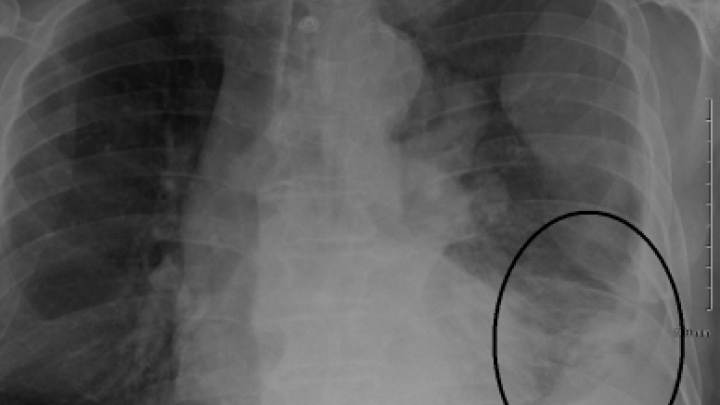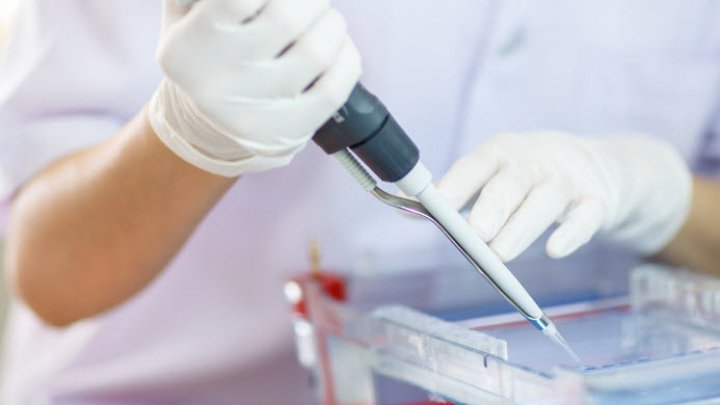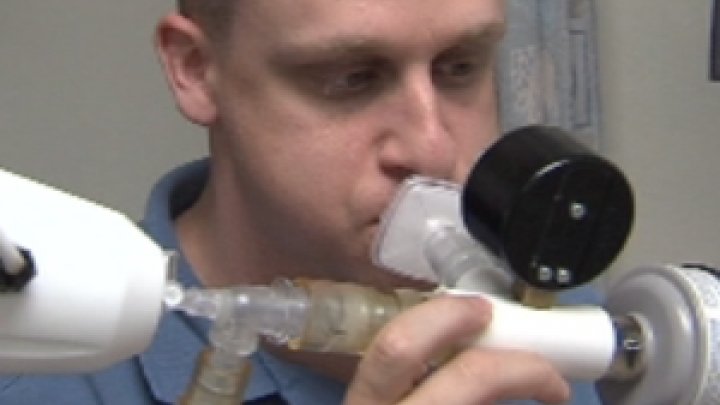Bowel Cancer: How to Reduce your Risk and Spot the Signs
Bowel cancer affects both men and women, although there is a higher incidence in men. While the disease can affect younger people, around eighty percent of all bowel cancer sufferers are over the age of 60. Whatever your age, you can reduce your risk of bowel cancer with a few simple lifestyle changes. Knowing which signs and symptoms to look out for can also help to ensure early diagnosis and successful treatment of the disease.
Reducing your risk of bowel cancer
Just a few simple changes to your lifestyle can significantly cut your risk of developing bowel cancer. Getting more exercise is one of the most effective ways to reduce your risk of cancer. Engaging in physical activity at least five times a week, preferably for half an hour or more, reduces your risk of many serious health problems, including cancer.
Maintaining a healthy weight and eating a balanced diet is also an important factor in promoting good health and reducing your cancer risk. A well-balanced diet should include plenty of fiber, complex carbohydrates, high-quality protein, oily fish and a minimum of five portions of fruit and vegetables every day. You should also try to cut back on the amount of junk food that you eat.
Quitting smoking and reducing your alcohol intake are also important. Both drinking alcohol and smoking can increase your risk of developing cancer. Keep your alcohol intake within the recommended limits for your age and gender, and try to avoid binge drinking. Nicotine replacement therapy (NRT), which usually comes in the form of chewing gum, lozenges, patches and inhalers, can help you to quit or cut down on smoking.
Spotting the signs of bowel cancer
Bleeding when you go to the toilet should never be ignored, as it may be a sign of bowel cancer. While there are other health conditions that can cause bleeding of the rectum, it is important to see a doctor as soon as possible so that he or she can investigate. Your doctor will conduct an examination and, if necessary, arrange for tests to check for cancer.
In addition, a change in bowel habits (e.g. going to the toilet more often, looser stools or anything else out of the ordinary) needs to be investigated by a doctor or consultant. As with most types of cancer, it is important to know what is normal for your own body, so that you can recognise when something has changed.
Unexplained severe or persistent abdominal pain could also be a sign of bowel cancer, particularly if your symptoms last longer than four weeks, and should be reported to your doctor straight away.
Bowel cancer can often be treated successfully if caught in the early stages. Reporting changes in your bowel habits to your doctor as soon as you notice them ensures the earliest possible diagnosis. The sooner you receive a diagnosis, the sooner you can start treatment and increase your chances of survival.






















